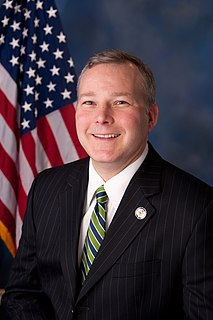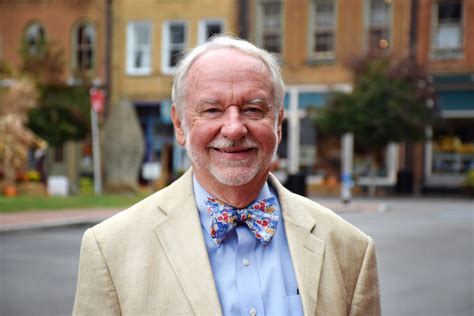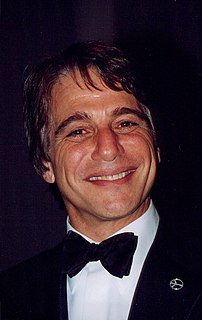A Quote by Simon Sinek
There is a difference between vulnerability and telling people everything about yourself. Vulnerability is a feeling. Telling everyone about yourself is just facts and details.
Related Quotes
Start telling the truth now and never stop. Begin by telling the truth to yourself about yourself. Then tell the truth to yourself about someone else. Then tell the truth about yourself to another. Then tell the truth about another to that other. Finally, tell the truth to everyone about everything. These are the Five Levels Of Truth Telling. This is the five-fold path to freedom.
Vulnerability is a loaded word, and it can off-putting and terrifying to people. The best moment of my life (and by the way, this actually wasn’t a single moment) was when I realized that I no longer give a damn about what anybody thinks. What you'd talk about as vulnerability, I'd talk about as simply being true to yourself.
Revenge tries to solve the problem of vulnerability. If I strike back, I transfer vulnerability from myself to the other. And yet by striking back I produce a world in which my vulnerability to injury is increased by the likelihood of another strike. So it seems as if I'm getting rid of my vulnerability and instead locating it with the other, but actually I'm heightening the vulnerability of everyone and I'm heightening the possibility of violence that happens between us.
There's a social and human necessity for some kind of continuity, but it's not axiomatic and not something you're born into; it's something you have to work at. And one of the ways to work at it - perhaps the best - is storytelling: telling stories about yourself to others, telling stories about yourself to yourself, telling stories about others to others.
Liberals love to say things like, "We're just asking everyone to pay their fair share." But government is not about asking. It is about telling. The difference is fundamental. It is the difference between making love and being raped, between working for a living and being a slave. The Internal Revenue service is not asking anybody to do anything. It confiscates your assets and puts you behind bars if you don't pay.
In fiction the narrator is a performance of voice, and it can be any style of voice, but I'm interested in the ways that a voice that knows it's telling a story is actually telling a different story than it intends to. In the way that I can sit here and tell you what I had for breakfast, but I'm really telling you that I'm having an affair, something like that. And I don't think my writing is plain, but I think a lot of my characters are just talking. There is vulnerability there, in that we can start to see through them, we can start to see where they're deceiving themselves.
What is interesting to me about film, and documentary film in particular, is that I can write about these people, and you trust my judgment, more or less, but when you're confronted yourself with humans who are right there on the screen telling you their story, you make a judgment yourself that is conclusive.


































